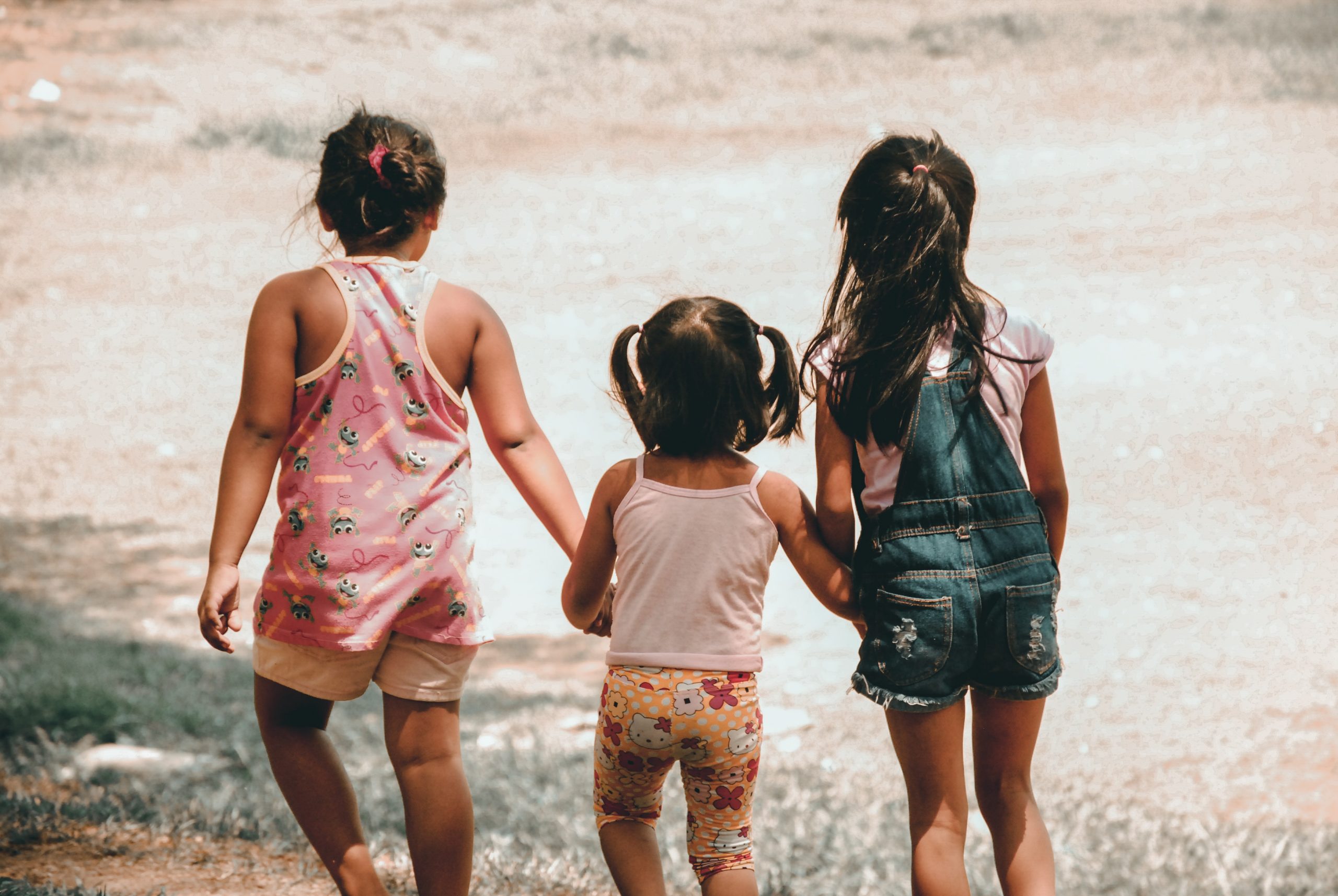A common question I receive when working with parents is how to offer support when witnessing their child is navigating friendships. Friendships are a significant developmental milestone for your child, and it can be tricky to know what to say or how to provide help without causing a rupture in your relationship with them. Here are three ways to help you connect with your child and support them through this challenging phase.
1. Listen
Friendships are a personal territory often associated with self-consciousness or insecurity, but when children gain the courage to come to you for support, the most helpful thing you can do is listen. Stop whatever you are doing and give them your undivided attention. Thoughtfully listening to your child is key in making them feel not only heard verbally, but also seen in a way that affirms themselves and their experience.
2. Refrain From Giving Advice (At First)
When your child comes to you and is asking about how to handle a friendship situation, the immediate response may be to fix, solve, or rescue. Resist the temptation to do so. Often times when children go to you for help, what they really want is to be heard. Giving advice can emphasize problem solving rather than focusing on what your child is experiencing. However, sometimes your child may only desire advice. In that case, use bullet point # 3 to try to gauge if there may be any reasons for them not wanting to explore the situation deeply. Some reasons could be avoiding feelings around the friendship or desiring you to intervene and fix the situation. If none of those apply to your child and their situation, then advice giving could be helpful.
3. Reflecting and Asking Curiosity Questions
Two things that can help your child in navigating friendships include reflecting and asking curiosity questions. Reflecting not only shows that you are listening to what is being said, but it also allows your child to hear how you may be experiencing their thoughts and feelings. Asking your child open ended questions can foster connection and prompts them to explore their situation more deeply. Below are some examples of how you could use reflection and curiosity questions.
Examples of Reflecting:
- You seem to be struggling (e.g. angry, frustrated, annoyed) with this situation.
- I hear that this friendship is making you question some things.
- You sound really concerned (e.g. hurt by, worried, upset with, excited) about your friend.
- I appreciate you coming to me and telling me about this.
Examples of Curiosity Questions:
- What is this making you feel?
- How can I help?
- What happened?
- Would you like for me to give advice or listen?
These three methods can help you approach this important phase in your child’s life with kindness and empathy, both of which are critical to building a greater connection with them. If you have any questions for me or would like more information on helping your child through challenging experiences, please reach out to set up a session.












